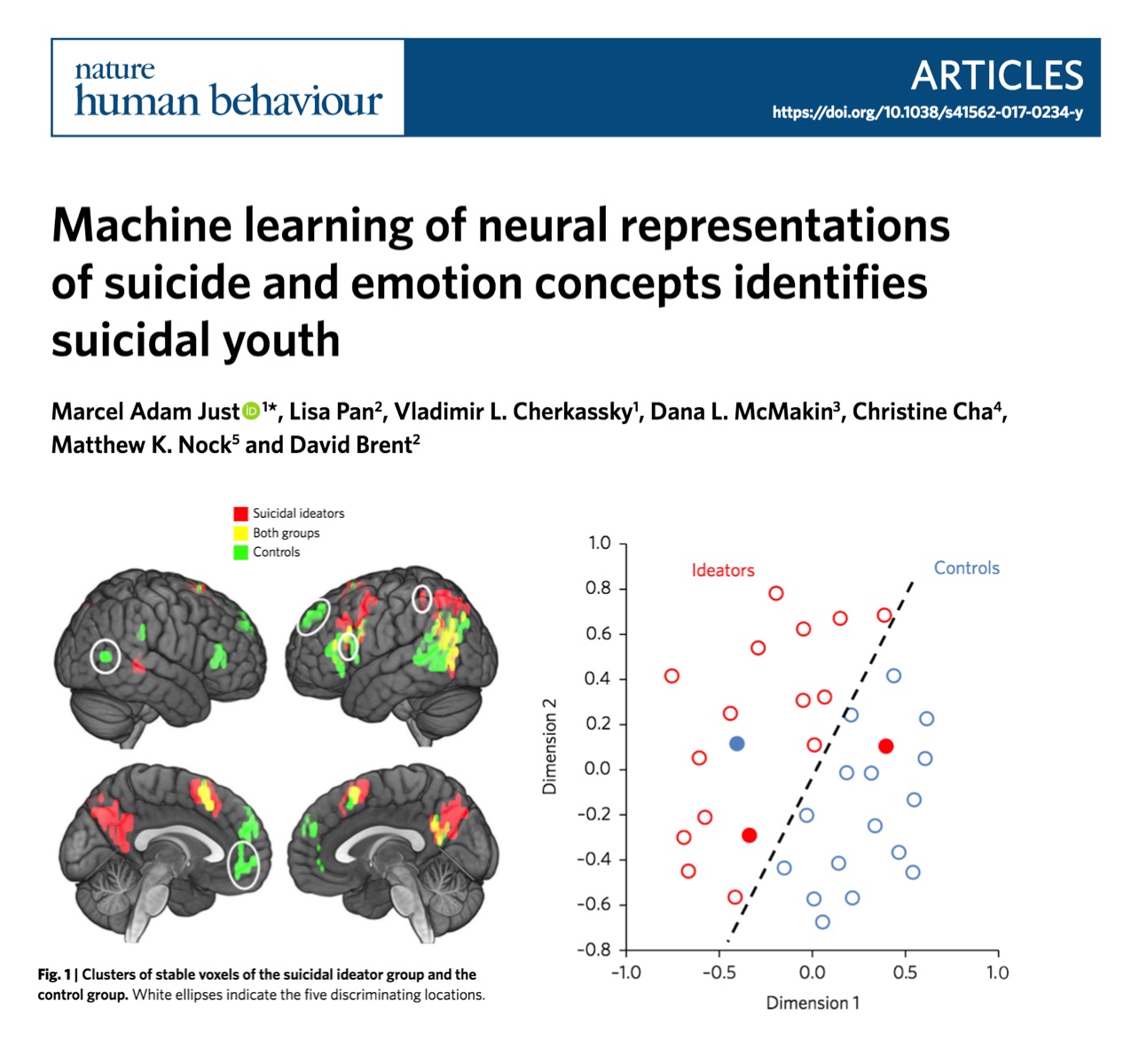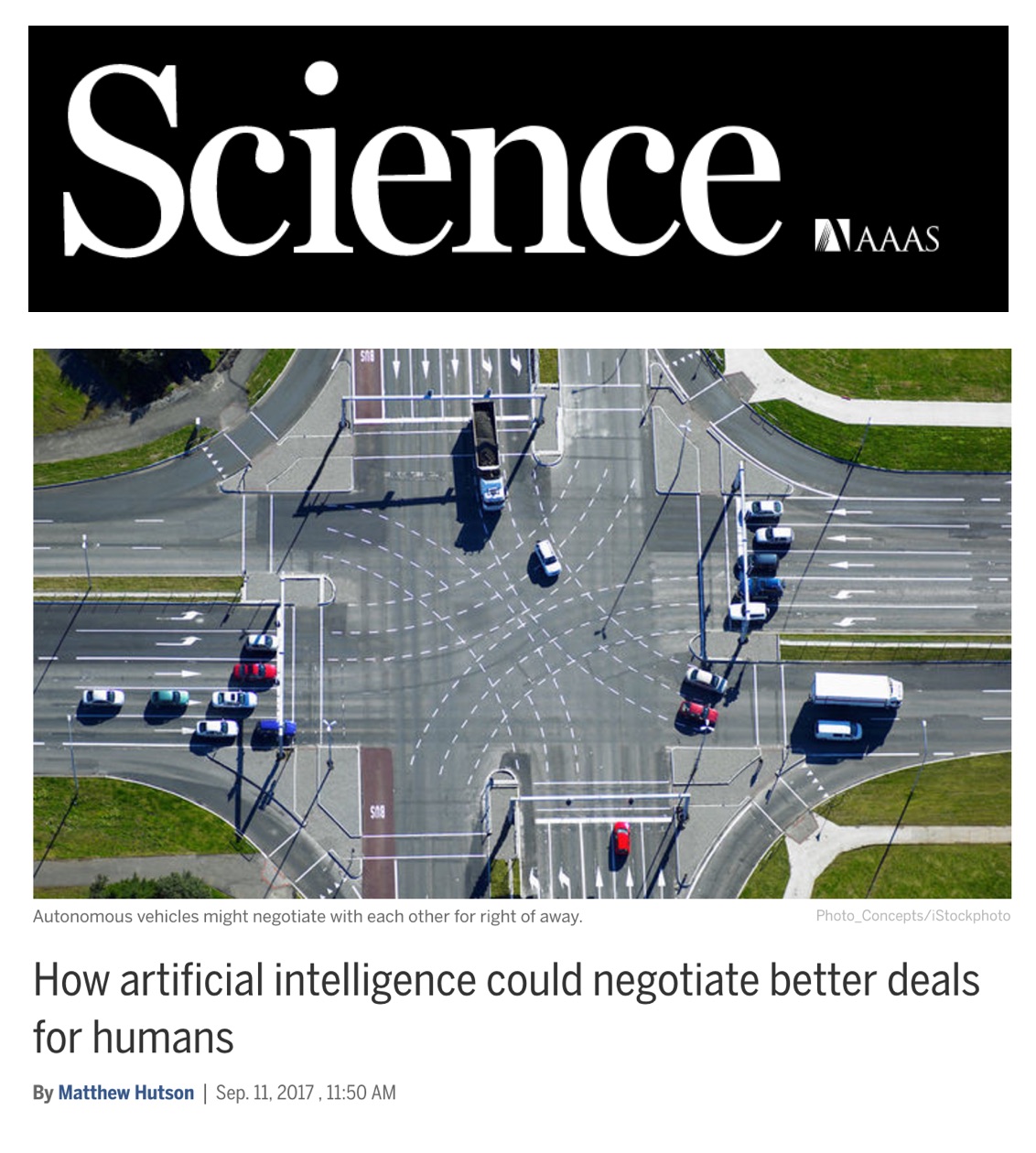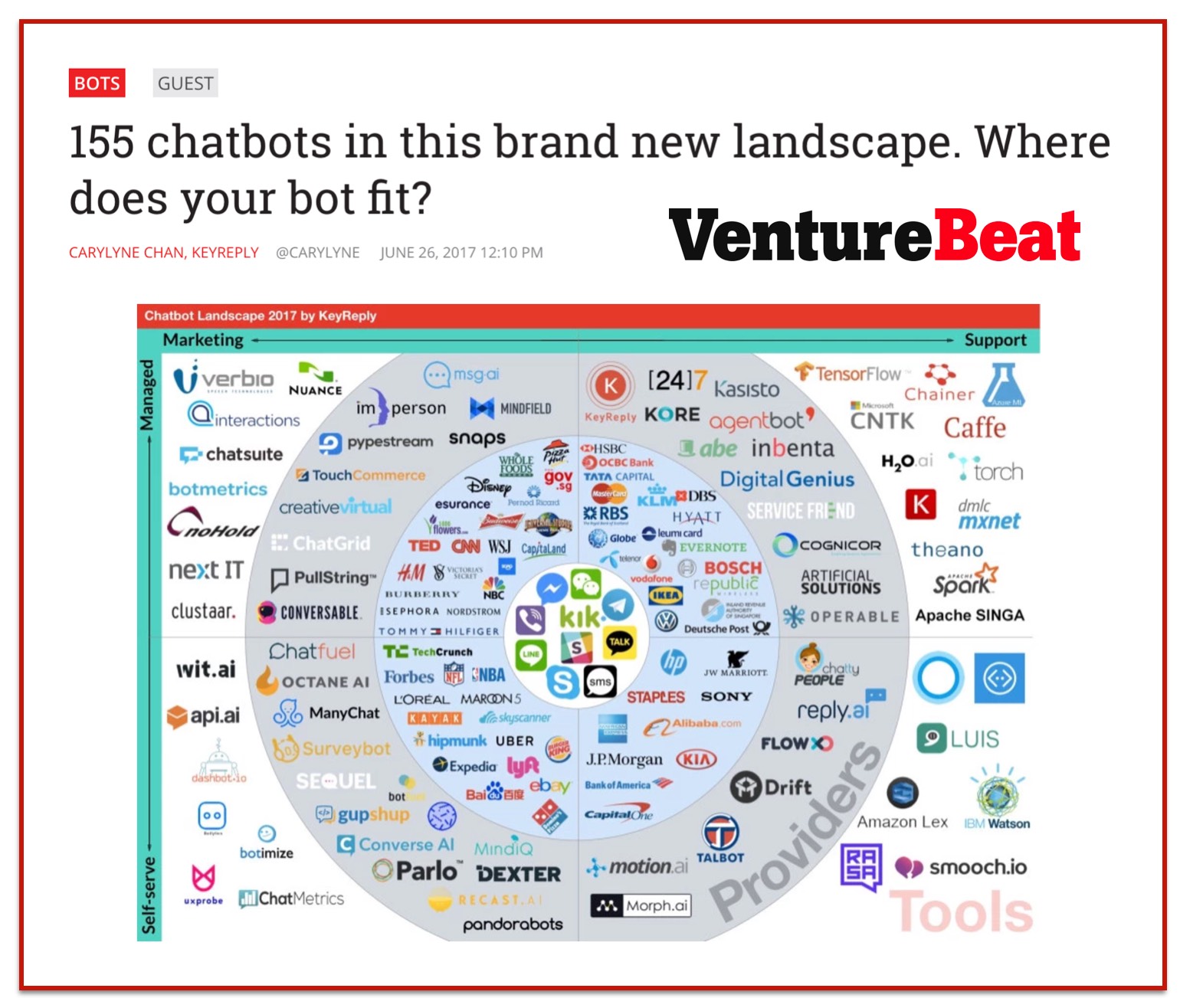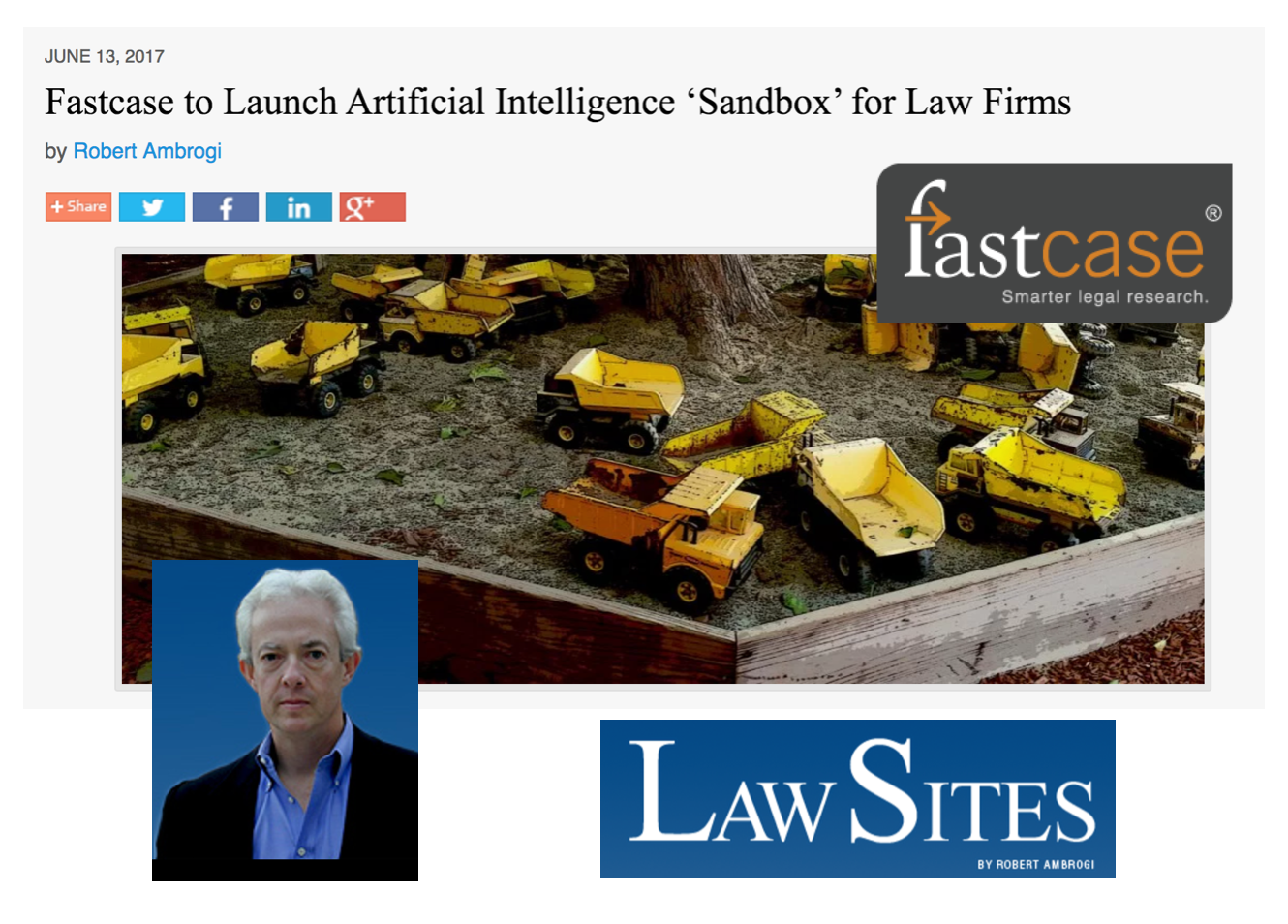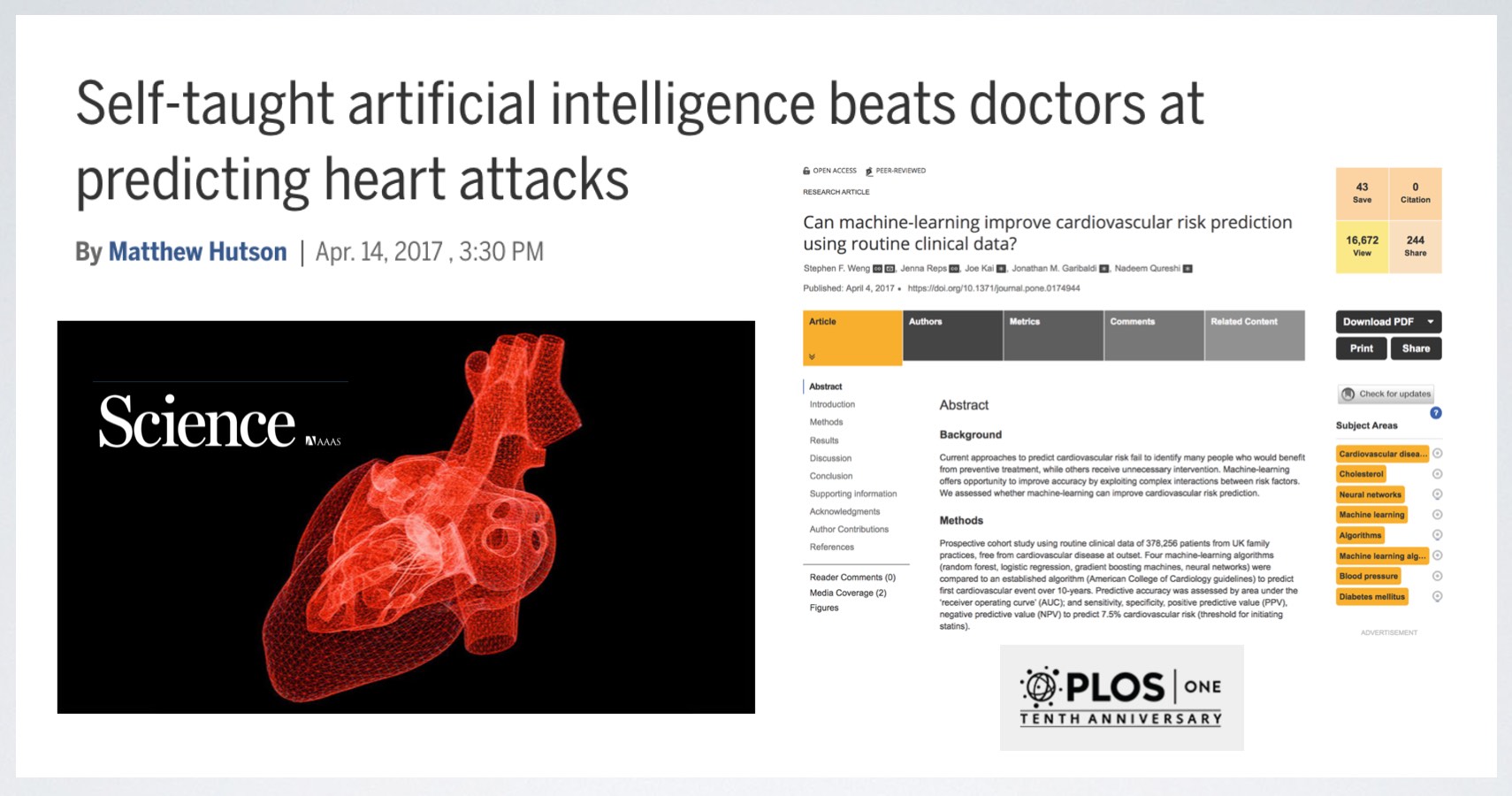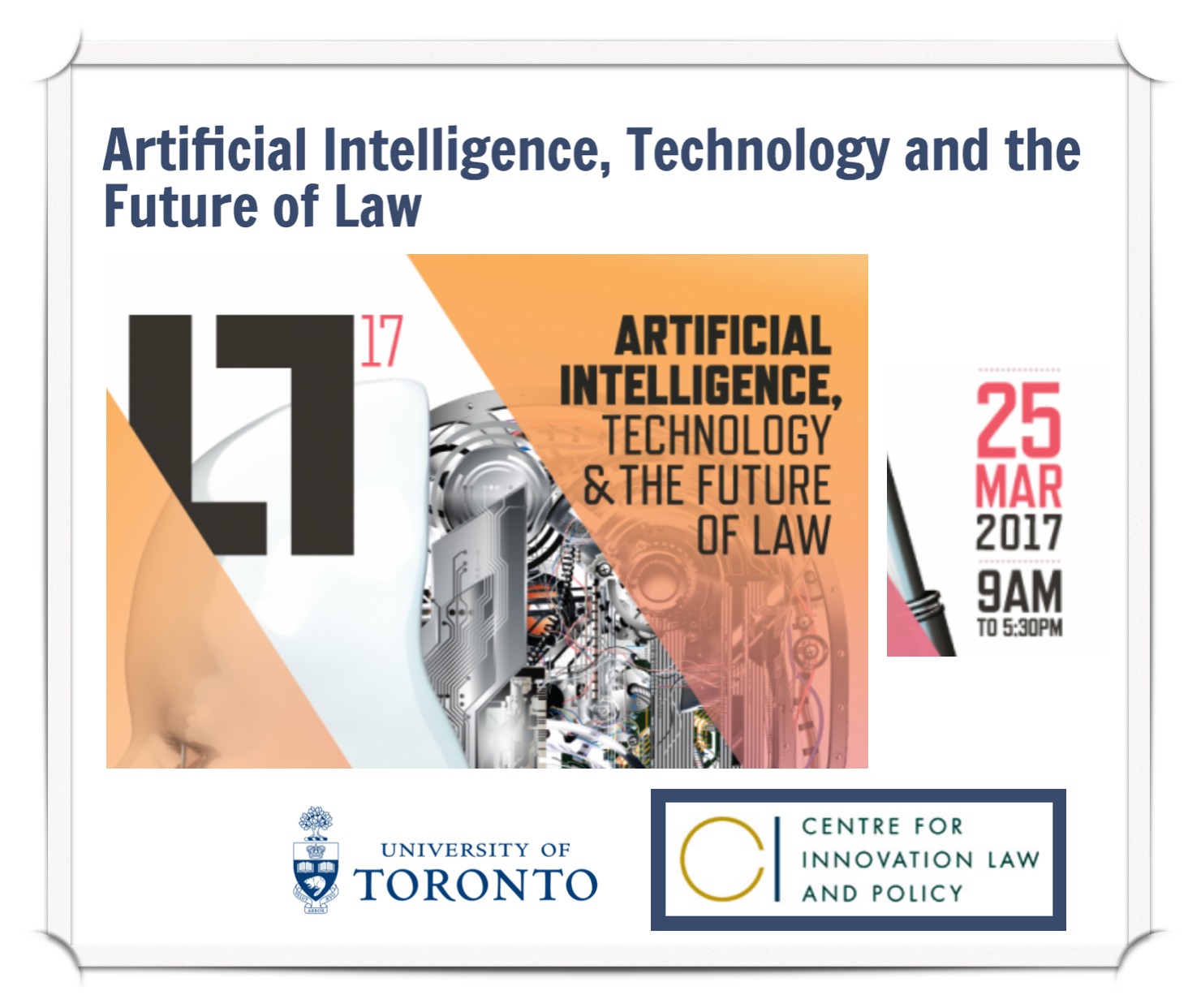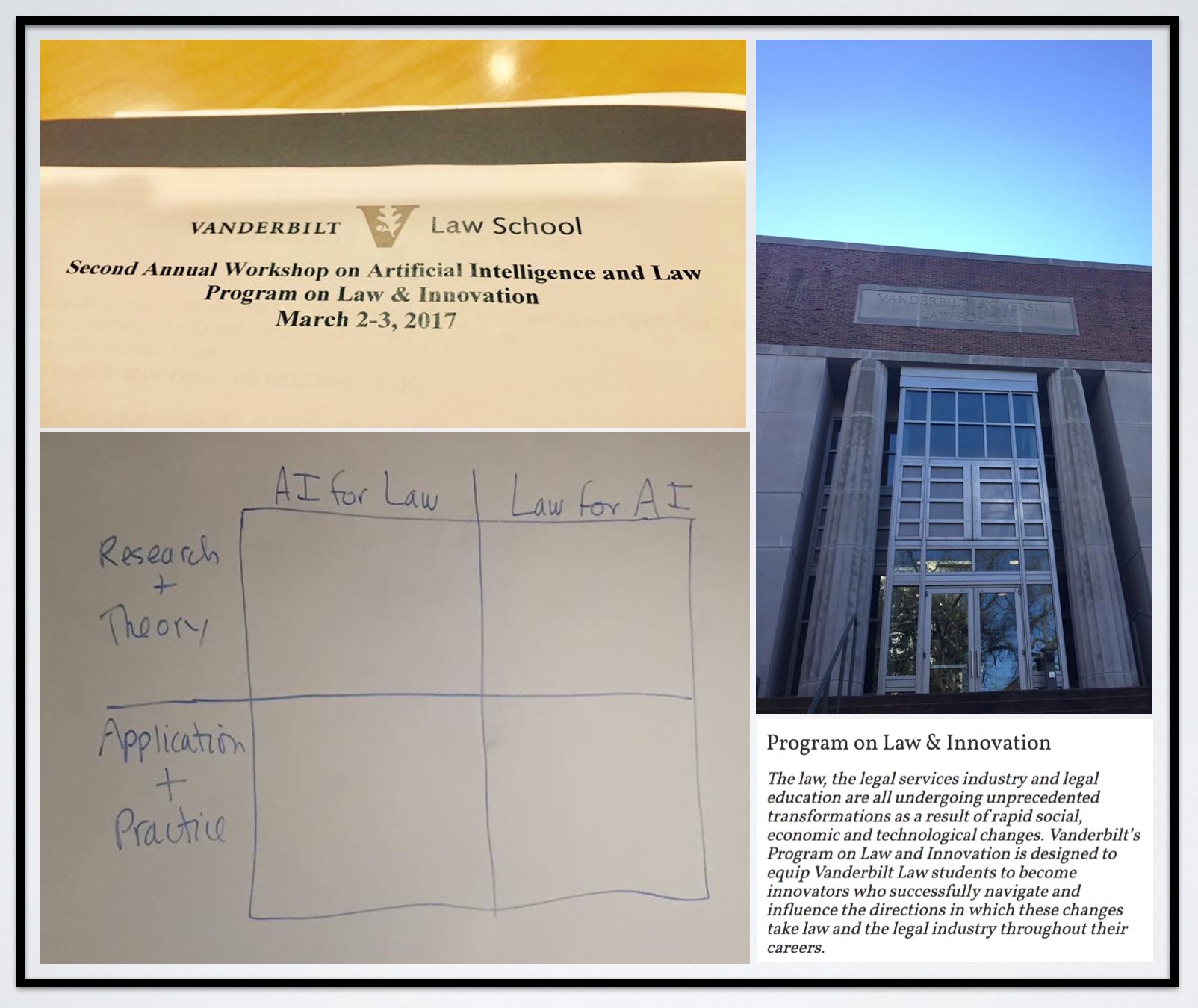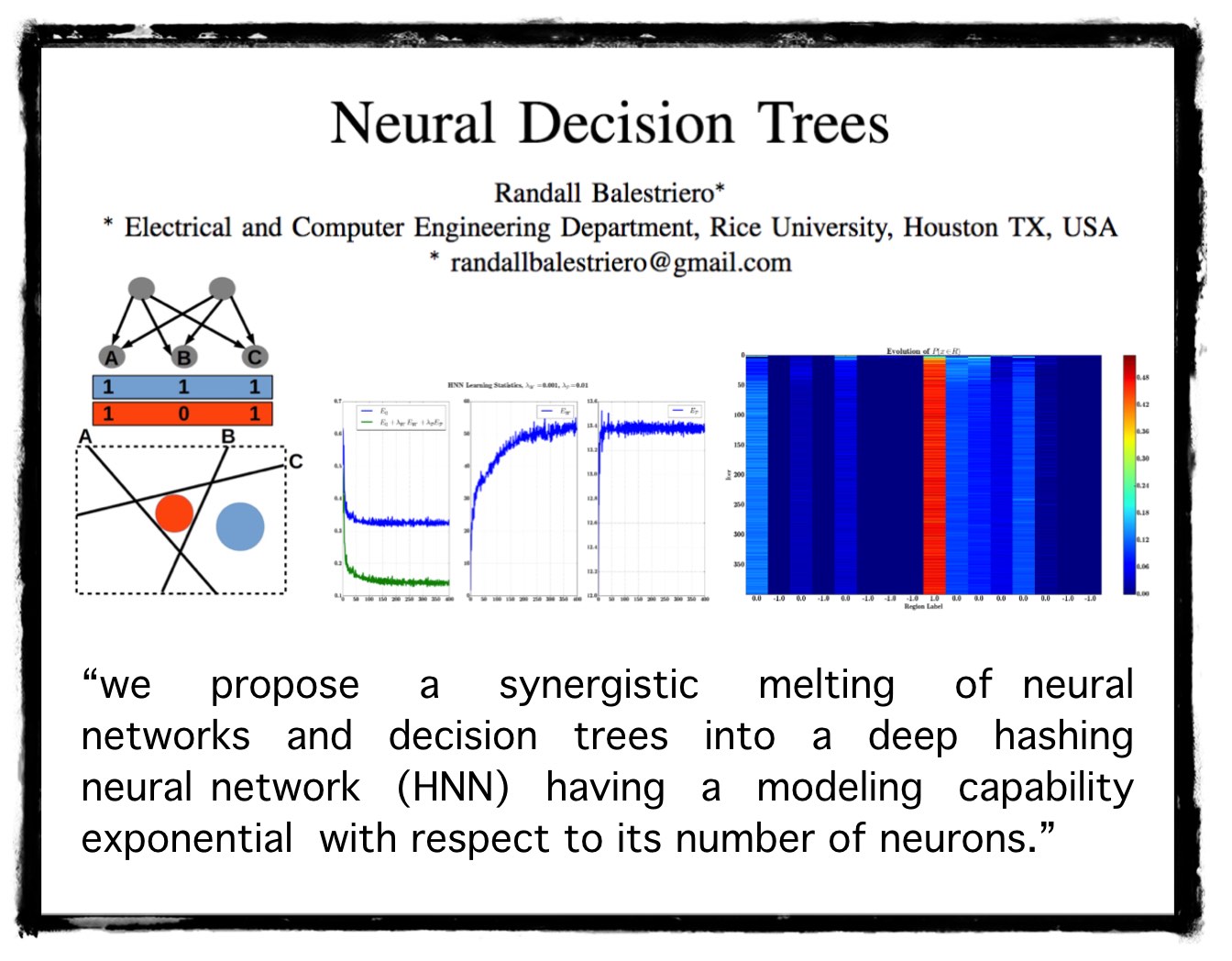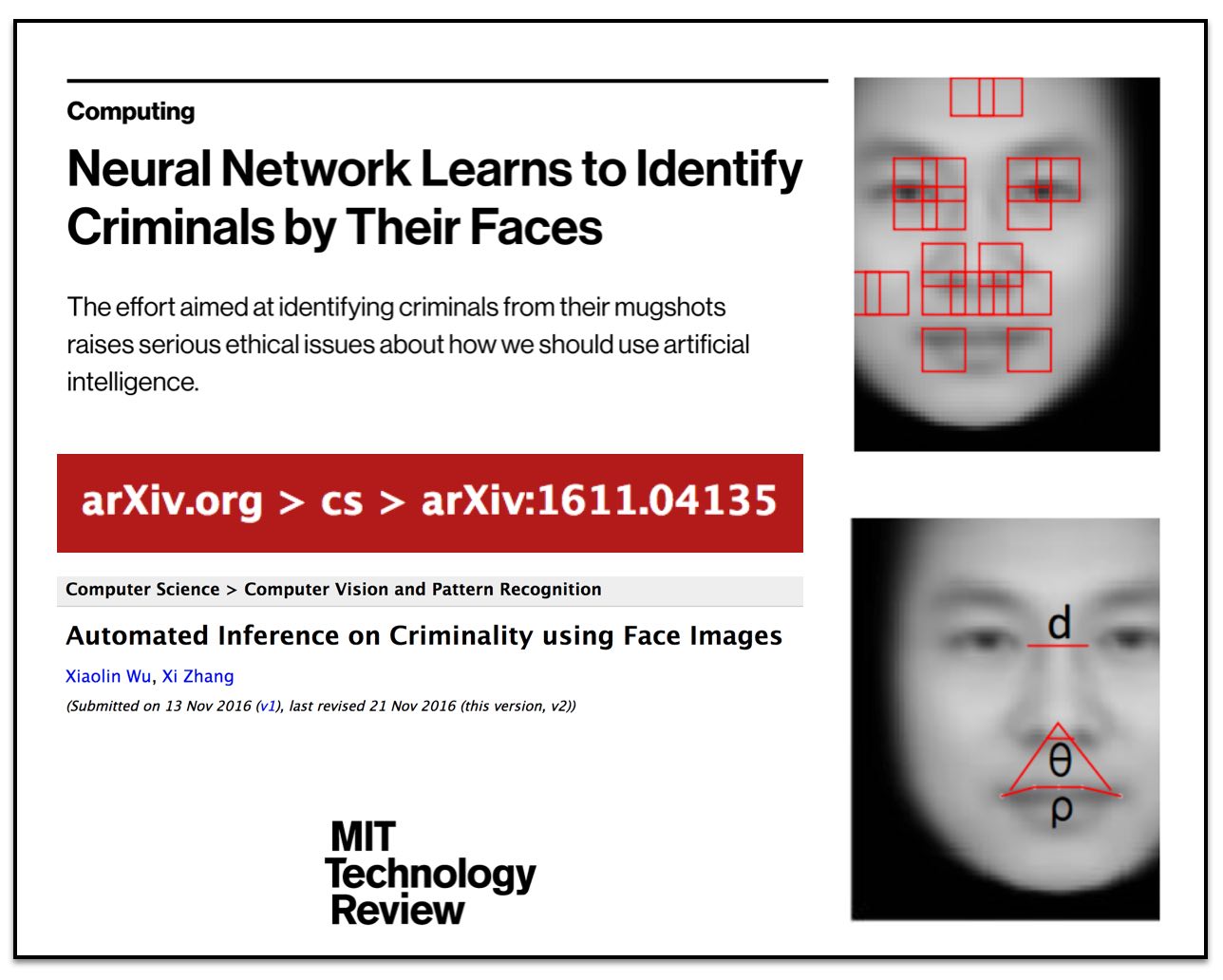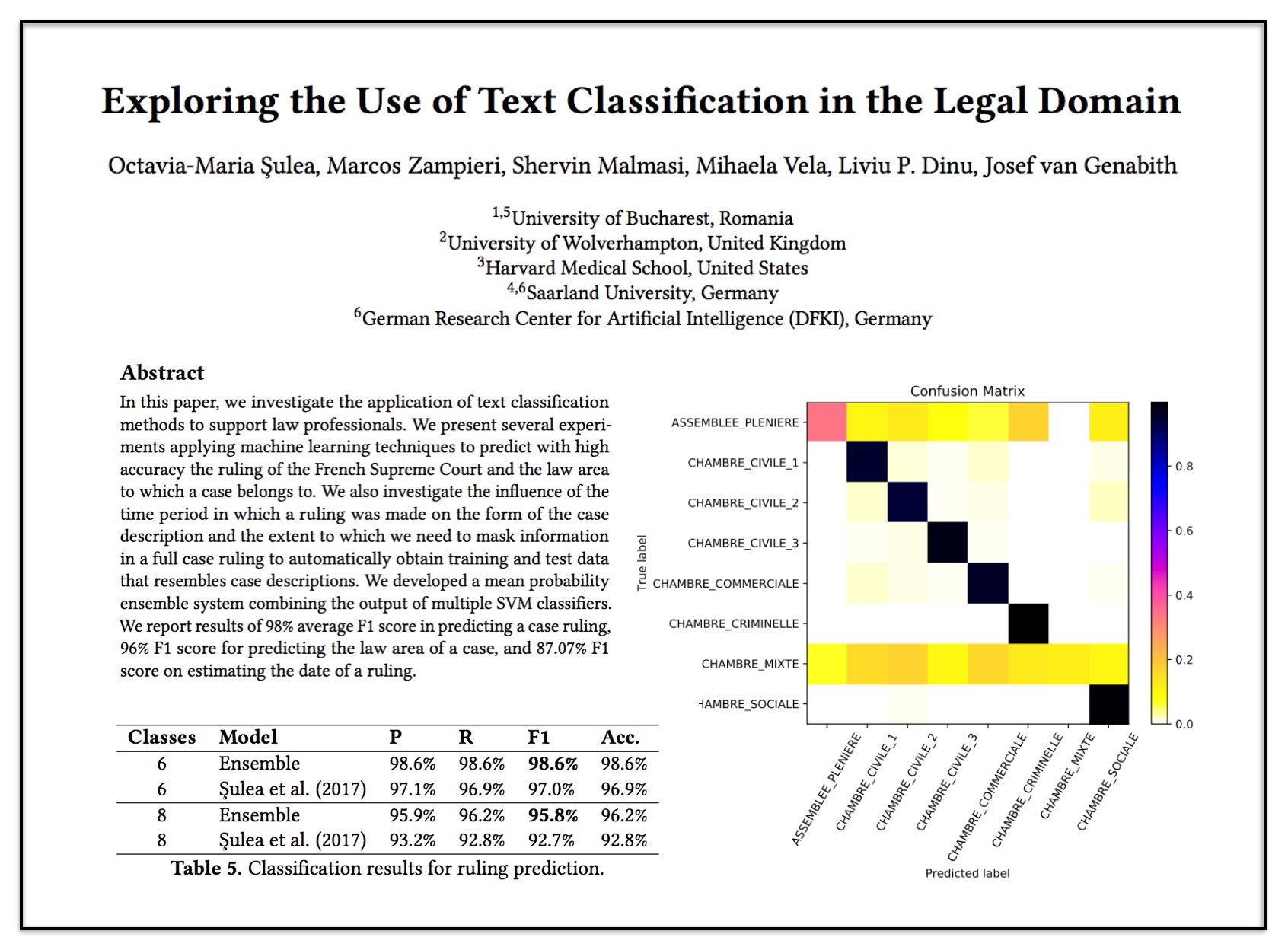 ABSTRACT: In this paper, we investigate the application of text classication methods to support law professionals. We present several experiments applying machine learning techniques to predict with high accuracy the ruling of the French Supreme Court and the law area to which a case belongs to. We also investigate the inuence of the time period in which a ruling was made on the form of the case description and the extent to which we need to mask information in a full case ruling to automatically obtain training and test data that resembles case descriptions. We developed a mean probability ensemble system combining the output of multiple SVM classiers. We report results of 98% average F1 score in predicting a case ruling, 96% F1 score for predicting the law area of a case, and 87.07% F1 score on estimating the date of a ruling
ABSTRACT: In this paper, we investigate the application of text classication methods to support law professionals. We present several experiments applying machine learning techniques to predict with high accuracy the ruling of the French Supreme Court and the law area to which a case belongs to. We also investigate the inuence of the time period in which a ruling was made on the form of the case description and the extent to which we need to mask information in a full case ruling to automatically obtain training and test data that resembles case descriptions. We developed a mean probability ensemble system combining the output of multiple SVM classiers. We report results of 98% average F1 score in predicting a case ruling, 96% F1 score for predicting the law area of a case, and 87.07% F1 score on estimating the date of a ruling
Tag: artificial intelligence
Opening the Black Box of Deep Learning – Naftali Tishby
As was noted this was not good enough for NIPS 2017 (#Fail) … (but see here)
Fastcase to Launch Artificial Intelligence ‘Sandbox’ for Law Firms (via Bob Ambrogi – LawSites Blog)
This is an interesting development – click here to access story!
Self-Taught Artificial Intelligence Beats Doctors at Predicting Heart Attacks (Via Science News / Plos One)
From Science News – “In the new study, Weng and his colleagues compared use of the ACC/AHA guidelines with four machine-learning algorithms: random forest, logistic regression, gradient boosting, and neural networks.”
We teach 3 out of 4 of these methods in our Legal Analytics Course (which is a machine learning for lawyers class).
The underlying paper was published in Plos One (one of my favorite journals) and the location where we recently published our US Supreme Court Prediction paper. In that paper, we use a time evolving random forest (with the novel twist of a tree burning protocol).
A Clickbaity Title but a More Reasonable Set of Content — The Robot Lawyer Thesis / Artificial Intelligence and Law in the New York Times
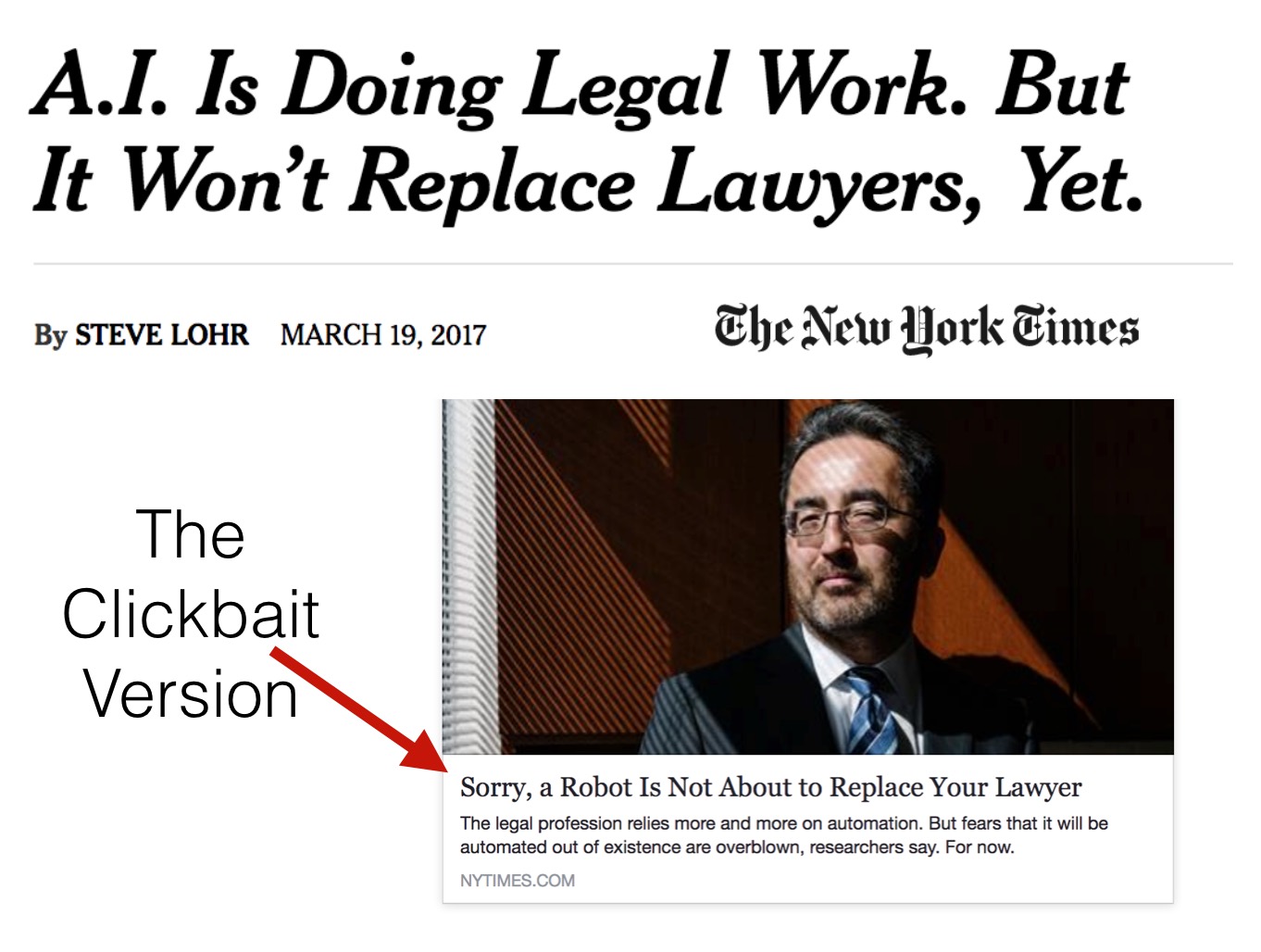 A more measured article than what we have seen lately regarding the so called ‘Robot Lawyers Thesis.’ I find it pretty funny that the NY Times Facebook link leads to the Click-Bait title but the final online version has the more measured title (see image above).
A more measured article than what we have seen lately regarding the so called ‘Robot Lawyers Thesis.’ I find it pretty funny that the NY Times Facebook link leads to the Click-Bait title but the final online version has the more measured title (see image above).
The article certainly has an Enterprise Law / Big Law undertone. If we focus on this subset of the market for legal services, there are a number of collective trends which together are transforming the market. It is the combined cocktail that is potent …
Here are five of them:
(1) Legal Outsourcing
(2) Insourcing and the Growth of Corporate Legal Departments
(3) Process Improvement (Lean / Six Sigma)
(4) Automation of Legal Tasks using A.I. (a.k.a. robot lawyers)
(5) Financialization of the Law aka #Fin(Legal)Tech
Plenty has been written about legal outsourcing, insourcing, and the growth of corporate legal departments and the application of process improvement methods (Lean / Six Sigma).
With respect to automation, it is curious to see the Times cite the Remus / Levy paper. At best, this paper is only relevant to the automation of the fraction of the work that is undertaken in Big Law (drawing from data from several years ago). They suggest an ‘automation rate’ of 2.5% per year. If that were to continue – this implies a rate for the decade of 25% just in Big Law alone. Again, this does not focus upon the other market dynamics highlighted above.
It is worth noting their data comes from a period before the implementation of #MLaaS (Machine Learning as a Service). Since its inception, #MLaaS has made A.I. tools far cheaper to custom build to problems. I have said recently that the best in legal tech has yet to be built (see slide 260).
So thanks to the NY Times for shedding light on this field. But lets remember the #RobotLawyers Thesis is only a small part of the puzzle.
As a matter of strategy, some element of the #LegalInnovation agenda should be part of the strategic portfolio of every legal organization (law firm, law school, corporate legal dept, etc.) Why? Because those who do so can increase their standing in the relevant market in question. Only those who use the newest and best tools available will thrive in an ever-changing market.
Artificial Intelligence and Law : A Six Part Primer – Professor Daniel Martin Katz (Updated Version 03.17.17)
An Updated Version of Artificial Intelligence and Law : A Six Part Primer
Why Artificial Intelligence Might Replace Your Lawyer (via OYZ)
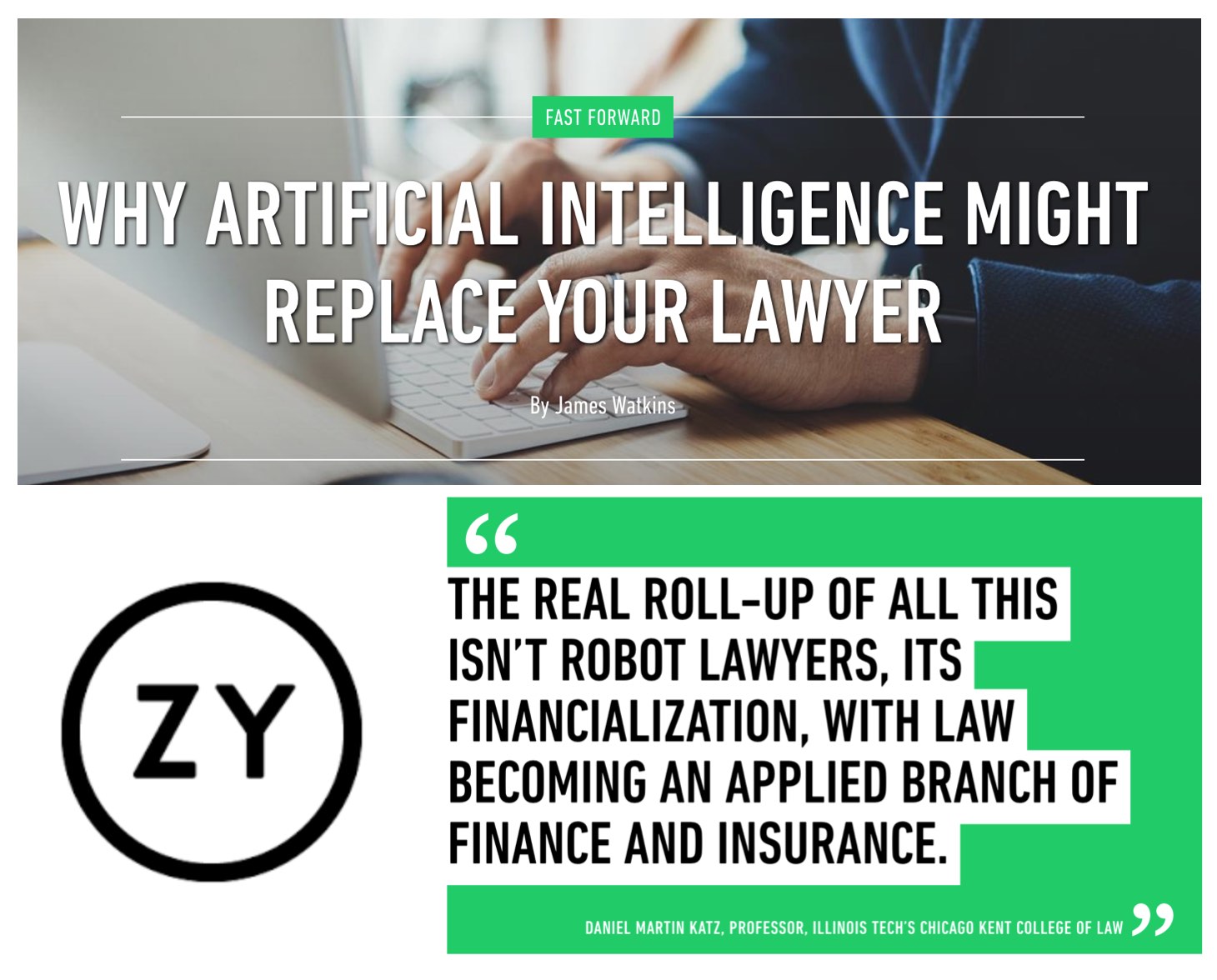 “It’s the alignment of tech and economics that is allowing all this stuff to start moving … The real roll-up of all this isn’t robot lawyers, its financialization, with law becoming an applied branch of finance and insurance” says Daniel Martin Katz, professor at Illinois Tech’s Chicago Kent College of Law.
“It’s the alignment of tech and economics that is allowing all this stuff to start moving … The real roll-up of all this isn’t robot lawyers, its financialization, with law becoming an applied branch of finance and insurance” says Daniel Martin Katz, professor at Illinois Tech’s Chicago Kent College of Law.
Program Chair and Speaker at the Plenary Presidential Summit @ New York State Bar Association Annual Meeting – Artificial Intelligence and its Impact on the Legal Profession –
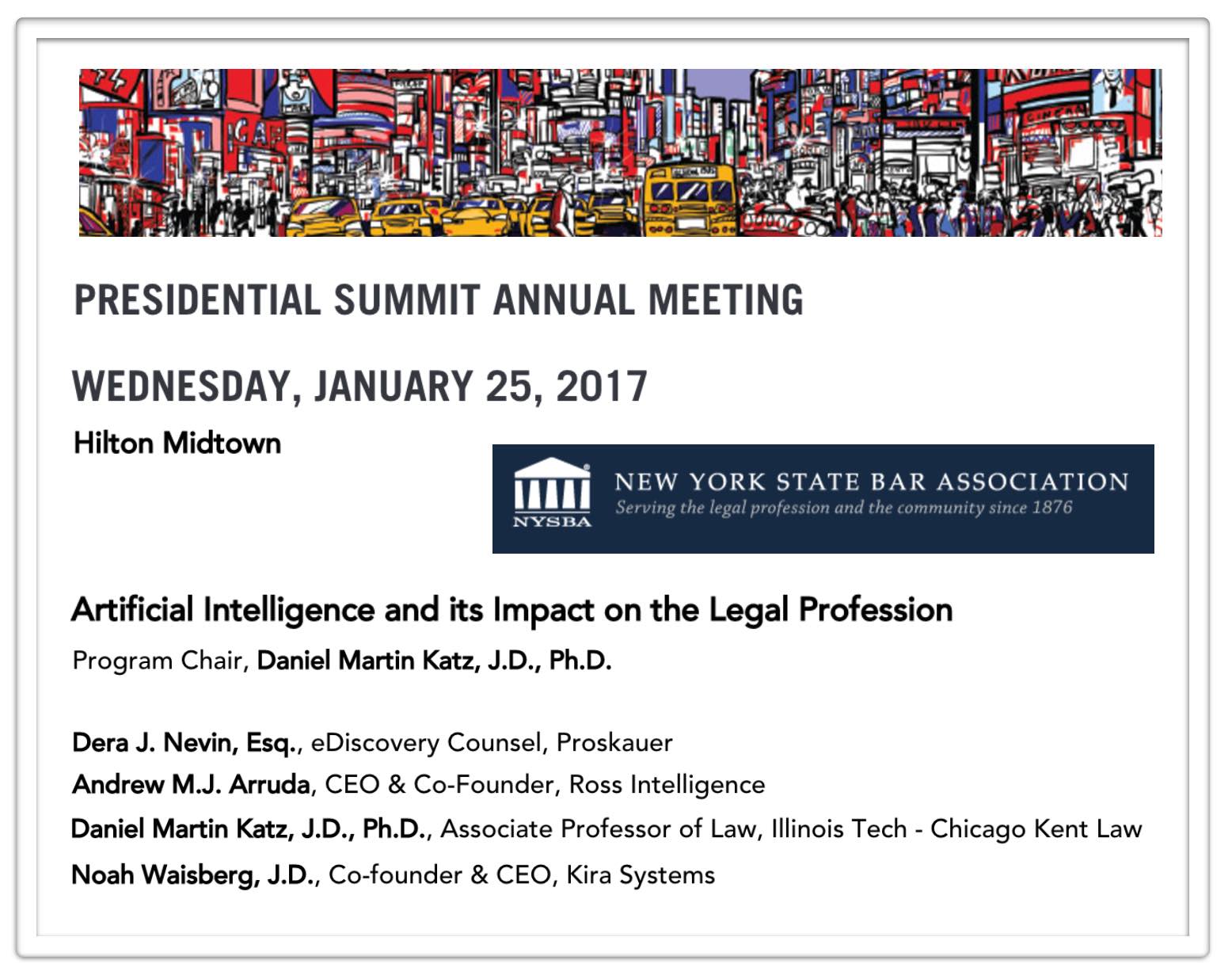
I am pleased to serve as a Program Chair and Speaker at the Plenary Presidential Summit @ New York State Bar Association Annual Meeting. Today’s topic will be Artificial Intelligence and its Impact on the Legal Profession. Joining me on the panel are the following panelists covering the following topics:
What is Artificial Intelligence? What is Machine Learning?
Dera J. Nevin, eDiscovery Counsel, Proskauer
What are Some Applications of Artificial Intelligence, Machine Learning, and Predictive Analytics in Law?
Andrew M.J. Arruda, CEO & Co-Founder, Ross Intelligence
Daniel Martin Katz, J.D., Ph.D., Associate Professor of Law, Illinois Tech – Chicago Kent Law
What are the Labor Market Impacts? More Jobs, Less Jobs, Different Forms of Legal Jobs and Legal Work?
Noah Waisberg, J.D., Co-founder & CEO, Kira Systems

